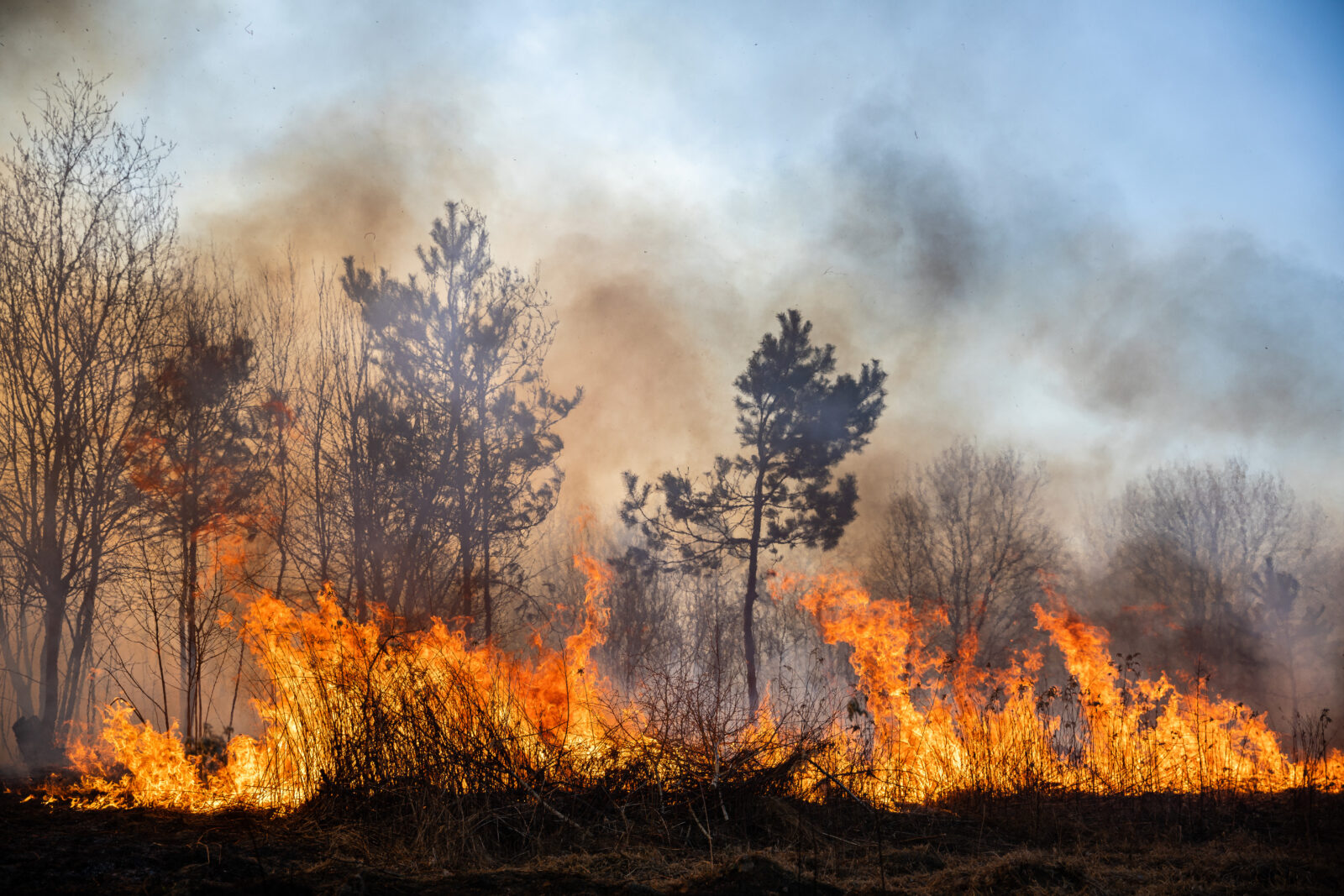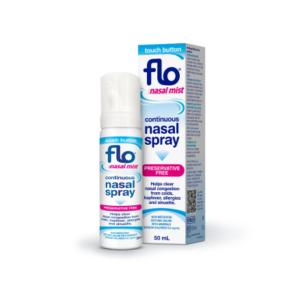Smoke and Health: Preparing for Bushfire Season
- Bushfire

The summer months are synonymous with bushfires in Australia. Staying fire-safe is essential, and that includes protecting your airways from bushfire smoke.
Bushfire smoke inhalation can irritate your airways and make breathing more difficult. Inhaling bushfire smoke is particularly tough for people with pre-existing health conditions like asthma or other breathing conditions.
Here, we help you get ready for bushfire season with a clear plan to protect and manage your respiratory and sinus health when the air quality is low.
The impact of bushfire season on your health
Bushfires produce enormous amounts of smoke that can disperse across hundreds of kilometres. Though the plumes of smoke are huge, smoke particles are miniscule. Which means they’re easy to inhale, right into the small airways in your lungs.
These small smoke particles can irritate the tissues lining the nose, throat, and windpipe.
They can cause health impacts such as:
• Runny nose
• Itchy eyes
• Sore throat
• Coughing
• Wheezing or trouble breathing
For healthy people, these symptoms usually go away when the smoke goes away.
If you have asthma or other breathing problems, don’t wait until smoke fills the air to act. Talk to your doctor about a personalised plan for bushfire days. Bushfire smoke can be especially hard for people with pre-existing sinus or airway problems.
How can I prepare for bushfire season?
If you plan ahead and take some proactive steps, you can significantly reduce the impact of bushfire smoke on your respiratory and sinus health.
Here are three ways you can get ready for bushfire season:
1. Create a respiratory health plan

Protecting life and property is usually the main aim of bushfire readiness plans. However, having a personalised respiratory health plan is vital, too. Your plan may include:
• Knowing where to check on local air quality and stay up to date with local news reports. A range of websites and apps can help you find real-time air quality information.
• A reminder to stay indoors when the air quality is poor (unless you must evacuate for safety or health reasons). Avoid exercising or working outside if you can.
• Making sure you have any medications you need on hand. It’s also worth having a back-up supply as advised by your doctor, in case of shortages or evacuations. Using a sinus wash like FLO Sinus Care assists in flushing the nasal cavity of allergens and irritants that can make asthma symptoms worse.*
If you have asthma or another condition that impacts your breathing, you may want to consider:
• Knowing what steps to take if your asthma or COPD symptoms worsen with poor air quality. This should be outlined in your action plan.
• Planning for sudden evacuation or temporary relocation if it’s very smoky for a long time.
2. Manage indoor air quality

During a bushfire, you can do little to control what’s going on outside. One major thing you can control is the quality of the air indoors. You could:
• Seal it up: Close windows and doors to create a smoke-free haven within your home or workplace.
• Use an air purifier: You might use an air conditioner, set to recycle or recirculate mode. You could also consider investing in a HEPA (High-Efficiency Particulate Air) filter for maximum protection.
• Keep your indoor air clean: While focusing on keeping smoke out, avoid activities that create indoor air pollution. This includes smoking, burning candles, and using harsh cleaning products — these can further irritate your already-sensitive airways.
3. Prepare an emergency kit

Most Australians, especially those in bushfire-prone areas, know that having an evacuation plan and an emergency kit is essential for bushfire readiness.
To protect your respiratory health, don’t forget to add these things to your emergency kit:
• P2/N95 masks:These specially designed masks offer superior protection compared to regular masks. They can filter out many smoke particles, helping you breathe easier during smoky periods.
• Medications:Pack your usual medications, particularly those you need for asthma or another breathing condition. Don’t forget your asthma action plan.
• Saline spray:A gentle saline spray or mist, like FLO Saline Spray or FLO Nasal Mist, helps wash away irritants and soothe irritated nasal tissues, providing much-needed comfort during smoky days.

*All FLO saline sprays and washes are suitable for asthma. If you have asthma, please check with your healthcare professional that this product is right for you.
Always read the label and follow the directions for use.





